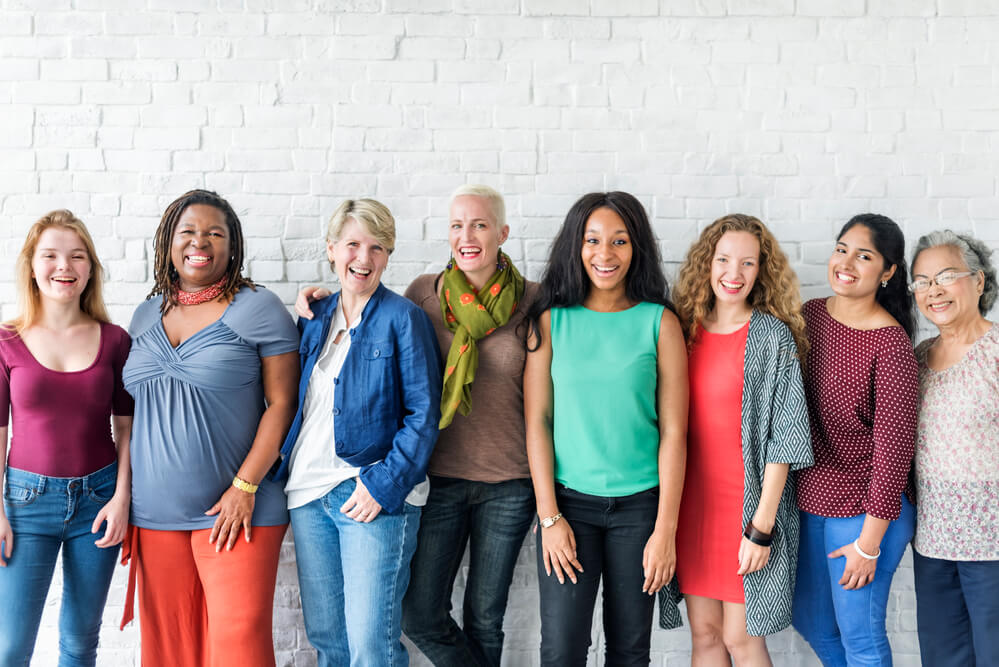I remember sitting in the back seat of my dad’s truck driving around Saint John one day when I was 12. I was feeling smug because I had just correctly named the Mayor, Premier and Prime Minister: Ivan Court, Bernard Lord, Stephen Harper. It would be another 10 years before I would start questioning why politics in Canada is dominated by men and what that means for women.
Have you ever tried to get a routine Pap test without a family doctor? What about regular contraception? Access to abortion services in Canada is a fundamental right ensured by the Charter of Rights and Freedoms but battling over who is pro-choice versus anti-choice has sucked up all the political air in the country for decades at the expense of making abortion access more accessible and healthcare more equitable.
I’m willing to bet almost every woman or LGBTQ+ person in the country has a story about inadequate reproductive and sexual health services in Canada — or knows someone who does.
Women make up 50 per cent of the population in Canada but hold just 30 per cent of the seats in the House of Commons. Women hold only two of the 12 First Ministers seats in Canada, and in three provinces, no woman has ever held the role of Premier. It matters because women matter.
I don’t subscribe to the idea that there are ‘women’s issues’ — all issues that impact women are issues that impact society. But some lived experiences are indeed unique to women, and the care and policies we need are often totally void from the political conversation. It’s why we need more women at all decision-making tables.
We have front row seats to the rapid unravelling of women’s rights of our American neighbours — and it’s not difficult to see how it may influence events in Canada too.
Like many women, I am completely gutted, enraged and filled with sorrow over the recently leaked SCOTUS draft to overturn Roe vs. Wade — the decision that has protected access to abortion in the United States. A chamber of nine unelected people, six of them men, are poised to take away the rights of American women. The conversations that have followed this leak show just how little many men know and care about women’s bodies and their healthcare.
Canadians cannot be complacent. Abortion is not enshrined in law in Canada; it could also be challenged here, despite majority support for abortion rights in the country. We need more women in politics to safeguard this critical right — and other rights central to women’s autonomy.
The good news is we might actually be making progress. For the first time ever, the Ontario Liberals are running 50 per cent women in the June election — a statistic that pales in comparison to the diverse slate the NDP has put forward. Elsewhere, in New Brunswick, for the first time in history, a woman is running to be the leader of the Liberal Party. Nova Scotia has similar bona fides with an accomplished Black woman on the leadership ballot who, if successful, would be the first person of African descent to lead a major political party in Atlantic Canada. Both New Brunswick and Nova Scotia have yet to see a woman in the Premier’s office.
Studies suggest that for any one group of people to have substantive impact around the decision-making table, they must collectively make up 30 per cent of the decision-makers. We’re getting there. And you can see it reflected in policy. It took 50 years, but Canada finally has a path to universal $10/day childcare. It’s no coincidence that such a program came out of a government with 50 per cent women in Cabinet and was spearheaded by a female Minister.
We can’t stop now. We need to do more to bring women in all their diversity into elected offices across the country. It is also important that we get beyond counting and build substantive equality that ensures women are fully represented and substantially equal.
And yeah, keep asking candidates where they stand on abortion in Canada — we deserve to know if our fundamental human rights will be protected by our leaders, regardless of their gender.
Photo courtesy of DepositPhoto




